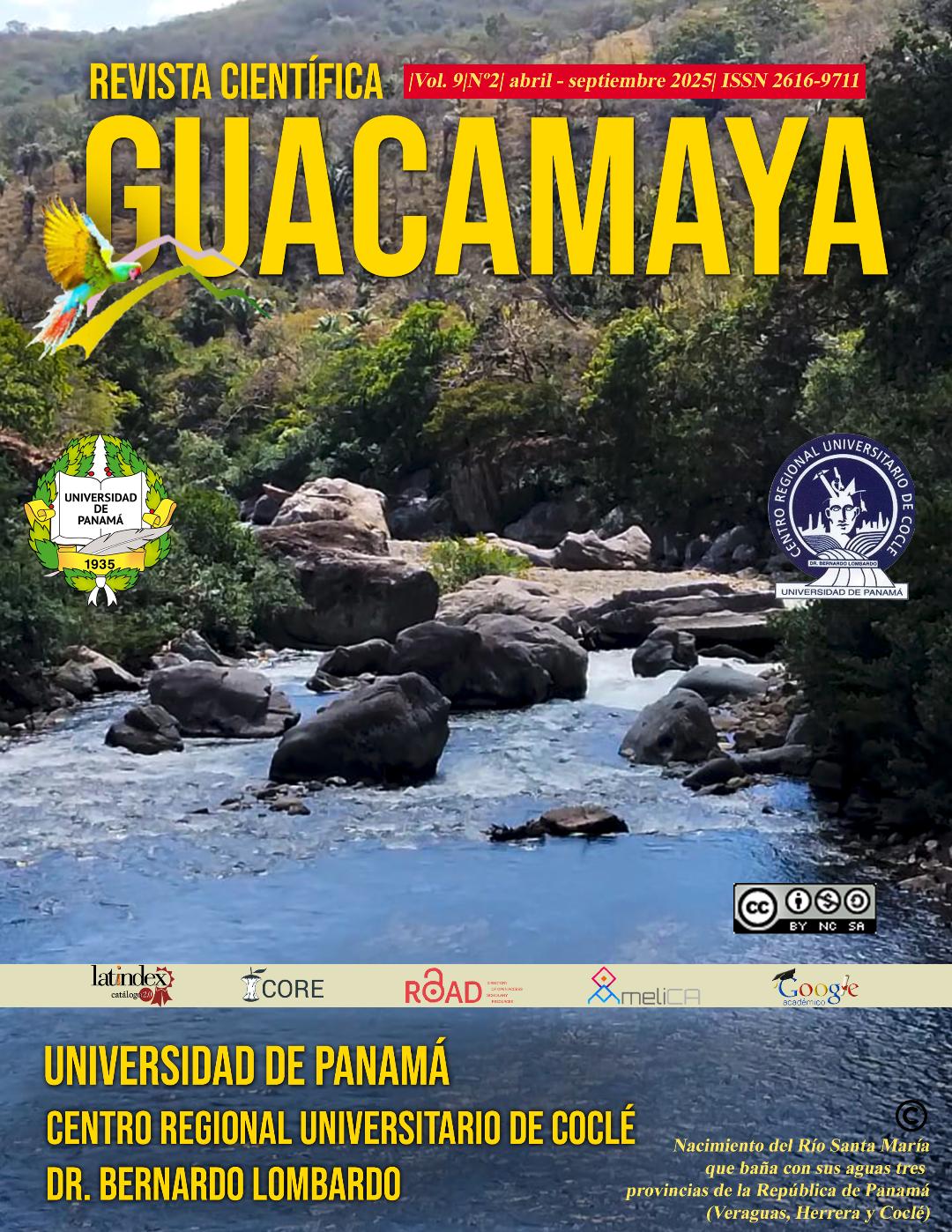

Copyright (c) 2025 Revista Científica Guacamaya

This work is licensed under a Creative Commons Attribution-NonCommercial-ShareAlike 4.0 International License.
The present investigation is based on the identification of molds and yeasts in concentrated bulk foods, which are sold in commercial stores at a low price compared to hermetically sealed foods. Four brands chosen at random were analyzed and divided into two samples per brand in two batches. The results obtained allowed us to determine the presence of fungi and identify different genera and species of molds. Also, it was determined that, in bulk samples, 62% of the counts for molds and 43% of the counts for yeasts exceed the microbiological indices established by the standards, where the values ??of higher microbial counts (10²/10g) are unacceptable, and the food represents a health risk. Two mycotoxin-producing species, Aspergillus flavus (aflatoxin) and Penicillium corylophilum (citrine and alkaloids), were identified in both batches under study. On the other hand, humidity tests were carried out on the samples and the results indicate that these samples did not exceed 2% humidity, which indicates that they are below normal humidity levels (6-10%). Given these analyzes it is concluded that bulk concentrated foods represent a serious risk to the health of animals since the microbiological indices are unstable.